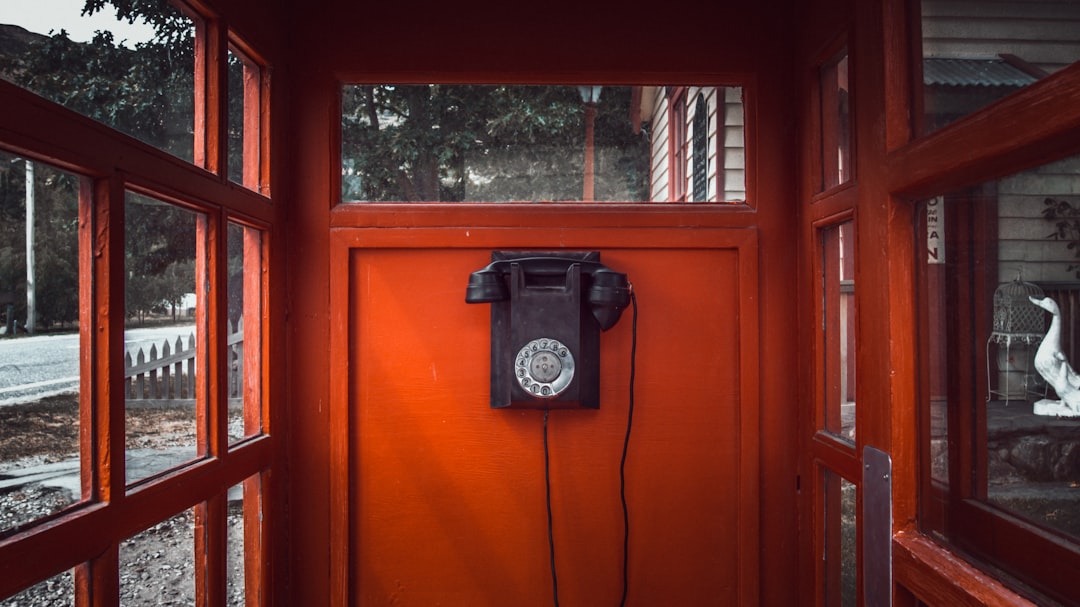Los Angeles residents face robocall scams from scammers impersonating entities to steal personal/financial info. Recognize red flags like unusual numbers, automated prompts, and urgent messaging. Use the Telephone Consumer Protection Act (TCPA) and report spam calls to FCC & local Spam Call law firms for protection. Implement call blocking features, review contact lists, and use FTC Complaint Assistant to fight back against robocalls effectively.
“Los Angeles residents, be wary of insidious robocall scams preying on your trust. This guide equips you with the knowledge to identify and avoid such calls. We delve into the world of spam calls targeting LA, explaining their legal framework under the Spam Call Law. Discover effective strategies to block these unwanted intrusions and learn valuable resources for reporting suspicious activity. Stay informed, stay safe—arm yourself against robocall scams with this essential Los Angeles-focused resource from a leading spam call law firm.”
Understanding Robocall Scams Targeting Los Angeles Residents

In recent years, Los Angeles residents have experienced a surge in robocall scams, posing significant challenges to their daily lives. These automated phone calls, often originating from call centers outside the state, target individuals with deceptive messages aimed at manipulating them into providing personal information or financial details. Scammers use various tactics, including impersonating government agencies, utility companies, or even local law firms, to gain trust and exploit victims’ fears. The spam call phenomenon has led many Los Angeles residents to seek protection and guidance from reputable legal firms specializing in such issues under the city’s stringent Spam Call laws.
By understanding the common patterns and strategies employed by these scammers, Angelenos can become more vigilant and proactive in defending themselves. Many robocalls attempt to create a sense of urgency or threaten consequences if the recipient doesn’t respond immediately. Some may even offer seemingly attractive rewards or discounts to trick people into revealing sensitive data. Recognizing these tactics is the first step towards avoiding potential scams, allowing residents to either disregard such calls or report them to the appropriate authorities, ensuring that their privacy and security remain intact.
Identifying Signs of a Potential Spam Call

Recognizing spam calls is the first line of defense against robocall scams targeting Los Angeles residents. Some clear signs that a call might be unwanted or fraudulent include: unusual phone numbers, automated prompts, and pressure to provide personal information. Reputable businesses rarely initiate calls en masse without prior consent, so unexpected calls from unknown numbers should raise suspicion. If the caller demands immediate action or threatens consequences for not responding, it’s likely a scam attempt.
Los Angeles residents should also look out for common spam call patterns, such as repeated calls from the same number or calls claiming to be from a law firm with urgent messages about legal issues – especially if you’ve never interacted with them before. Always verify the legitimacy of any suspected legal correspondence through official channels to ensure it’s not a scam designed to steal your personal information or money.
Legal Framework and Protection Under the Spam Call Law

In Los Angeles, as in the rest of the country, robocalls and spam calls are regulated by the Telephone Consumer Protection Act (TCPA). This federal law, enforced by the Federal Communications Commission (FCC), provides substantial protections for residents against unwanted phone marketing. The TCPA prohibits automated or prerecorded calls from being placed to telephone numbers assigned to wireless services without the prior express consent of the called party.
Los Angeles residents can take advantage of these legal frameworks to combat robocall scams. If you have received an unsolicited call, you can report it to the FCC and seek legal counsel from a Spam Call law firm Los Angeles to understand your rights and options for relief, including potential financial compensation for violating your privacy.
Strategies to Effectively Avoid and Block Robocalls

Robocalls are a persistent problem for many Los Angeles residents, but there are effective strategies to avoid and block them. One crucial step is to familiarize yourself with the Spam Call law firm in your area. Los Angeles has stringent regulations against unsolicited calls, so understanding your rights and reporting suspicious activities can deter scammers. Many modern smartphones come with built-in call blocking features, leverage these tools to automatically filter out unknown numbers. Additionally, consider downloading dedicated robocall-blocking apps that use community-driven data to identify and block spam calls effectively.
Regularly reviewing and updating your contact lists is another proactive measure. Unsubscribe from any services or organizations that you no longer wish to receive calls from. Be cautious when sharing your phone number online or at events; limit the exposure of your contact details to trusted sources only. By combining these strategies, Los Angeles residents can significantly reduce their chances of falling victim to robocall scams and enjoy a quieter, more secure communication environment.
Resources and Steps for Reporting Spam Calls in LA

In Los Angeles, reporting spam calls is a crucial step in fighting back against robocall scams. The first resource to utilize is the Federal Trade Commission (FTC) Complaint Assistant, an online tool that allows individuals to file complaints about unwanted phone calls. This simple action not only helps protect others but also provides valuable data to law enforcement agencies and industry regulators. Additionally, many local law firms in Los Angeles specialize in consumer protection, offering free consultation and assistance for those who have fallen victim to spam or robocall scams.
To report a spam call effectively, residents should note the caller’s phone number, record any suspicious messages, and document the date and time of each incident. Armed with these details, LA residents can submit detailed complaints through official channels, ensuring their voices are heard and contributing to ongoing efforts to enforce the Spam Call law.






